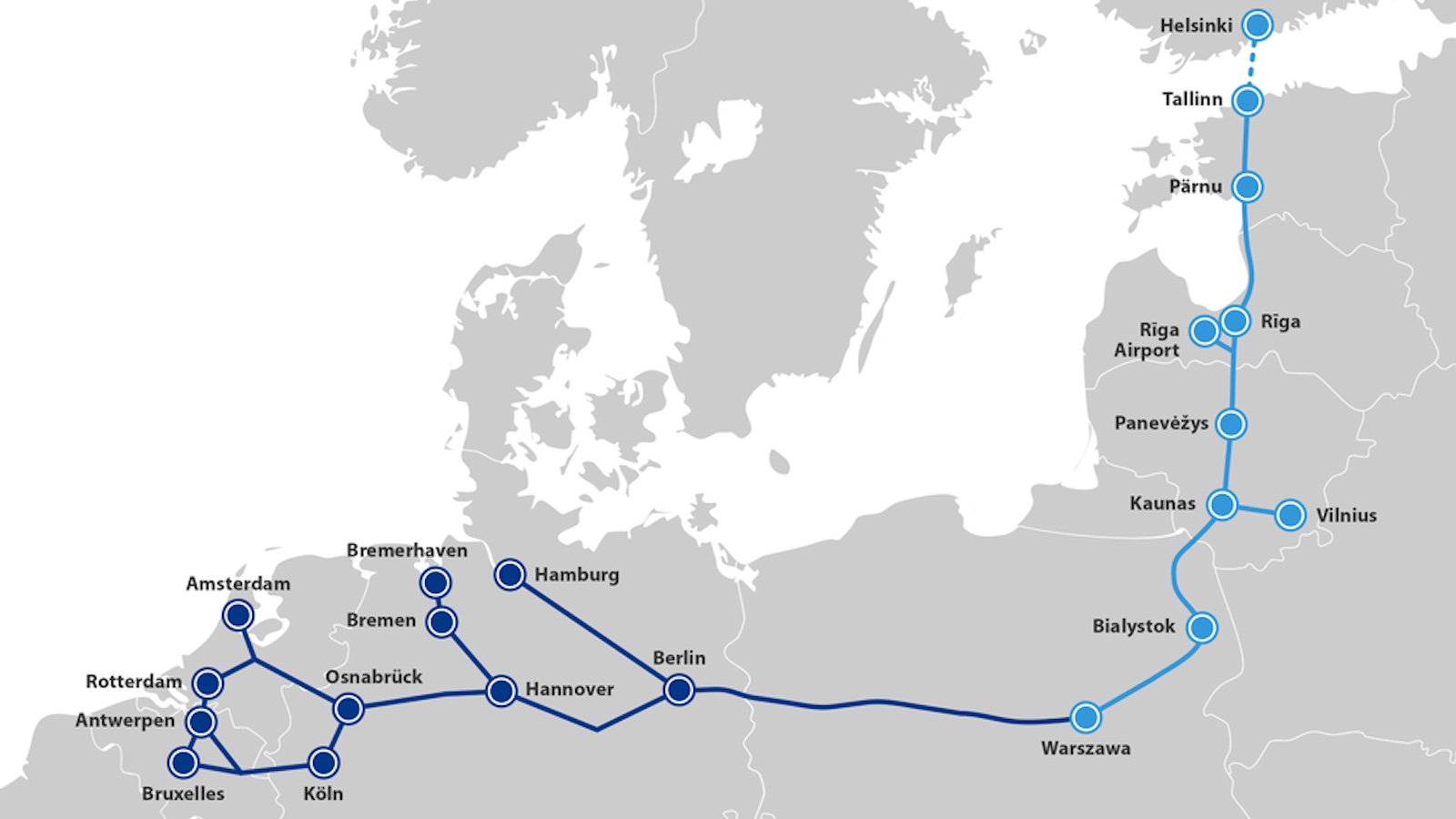Carmellini arrived in the city in 1990, and the food scene looked completely different. Where will to go from here?
Question: How has the New York food scene changed since 1990?
Andrew Carmellini: The food scene in New York has changed completely. It’s gone through a couple of different scenes. I mean, when I came to New York there were seven, eight restaurants if you were a serious cook to eat at, most of them French. I think, you know, David Burke was at River Café, Charlie Palmer just opened up Aureole, Boulud just got four stars at Boulud. And they were really the three American guys at the time that had just started to kind of like do something. And then there were all the French. There was Compass* there was-- Cultedraf* was around, LaCirque, that whole scene. Now it’s unbelievable. I mean, there’s a lot of good restaurants around town, good restaurants that are doing 800 covers, and good restaurants that are cooking for 80 people. There are chefs from all over the world now that have come to New York. There are small little places that are great. There’s a lot of great ethnic food also. I mean, you can go, you know, go all over the boroughs and get some pretty good ethnic food. So it’s changed like, it’s pretty unbelievable. So if I was a young cook coming to New York and, you know, people we have that start in our kitchen, we a couple every week, and the first question I ask is, “So, where else are you looking at working?” And the variety is just unbelievable. They say, “Well, I’m looking at Daniel and I’m thinking about going to Momofuku, but maybe I’ll go to The Little Owl and maybe I’ll go to Morimoto. I mean, how different can you get as far as ambiance, price point, style of cuisine. It’s pretty amazing.
Question: Where will it go from here?
Andrew Carmellini: I mean, everyone always asks, well, how many more restaurants can New York City take? And my answer to that is that if you go to Tokyo, you could live in Tokyo your whole life and have lunch and dinner at a different restaurant every single day and never, ever, ever repeat. And, you know, New York will always change. There will always like those iconic favorites, there’ll always been like the hot new spot, and there’ll always be, you know, something coming and something going. So that’s always going to change. You know, one thing that has changed is the, I think it’s the class division as it relates to restaurants has really changed, and there’s a lot of transparency between, you know, high-end four star places and like the little place at a corner. I remember a chef that will go unnamed was complaining one day that-- we were trying to get fresh porcini mushrooms, and this was in the mid-‘90s. We were trying to get it, we were on the phone, we were trying to get some from the market, and the purveyor just ran out of these mushrooms and there was some discussion, because I think there was a party that requested them, and it was a restaurant that was downtown that just opened back when there weren’t restaurants downtown, or maybe there were two or three, and it was a French chef that was yelling and screaming, “How can these guys open up these restaurants downtown and take porcini mushrooms, because they shouldn’t be taking porcini mushrooms, they should be cooking hamburgers.” And that’s changed because you can go down Avenue A, or you can go to LES, or you can go to West Village or you can go on Smith Street and you can probably find some wild mushrooms on the menu. So that’s really changed, is that kind of like the high-end ingredients have made their way to the neighborhood restaurants, and the lower-end ingredients have made their way to the higher-end restaurants. You know, you have pig’s feet at Daniel, and you’ll have veal head at Per Se, and that’s a pretty interesting phenomenon.
Question: Has dining become more casual?
Andrew Carmellini: Right. I mean, the casualness is really— well, you have classically trained guys or like high-end guys that have done more casual stuff. It’s funny with me, you know, I met someone who doesn’t have a restaurant now, but was around New York for a long time, and I met her for the first time three months ago and she thought I was Italian. She didn’t know that I was American because we’ve never met before, but she just assumed because, you know, she might have glanced at something about me that said France and said Italy and said some fancy restaurants and assumed that I was European. And that blew me away a little bit. I think that, you know, and I’m not so inspired for myself really to do high-end cooking anymore, you know, at this point for myself and, you know, where A Voce is, I don’t think I’ll go in a higher level than that. Again, and I want to do different levels of stuff moving on, just because that’s the way I’ve been eating lately.
Recorded: 4/17/08





